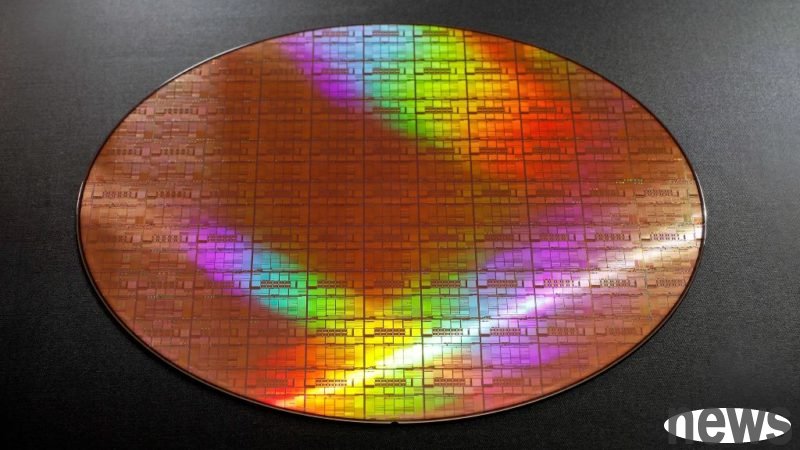
In recent years, the 2nm process has become a must-fight for military strategists in semiconductor industries, and giants such as Taiwan Electric, Samsung and Intel have accelerated their pace. In addition to these leaders, Japan's new Rapidus has also been surging in recent months, becoming a high focus of global markets.
According to the whistleblower, Rapidus' 2HP process node logical density is 237.31 MTr/mm², which is almost the same as the 236.17 MTr/mm² of Telco N2. Rapidus uses a high density (HD) unit database with a unit height of 138 units and a G45 pitch. Since N2 and 2HP are both HD-style single-cell designs, the display both sides aim to pursue maximum logical density, that is, more transistors can be placed on the same surface, and the ultimate real computing function is also quite close.
Raipidus share the data with 2nm (Named 2HP)
so that, we can know the NEXT Gen process technology in Logic Density pic.twitter.com/sHsjJB3mn8
— Kurnal (@Kurnalsalts) August 31, 2025
The two companies also use GAA (Gate-All-Around) circular gates, but they are different in detail. Taiwan Power's N2 has not yet been planned to be introduced into the back supply network (BSPDN), and it is expected that it will not be considered until the subsequent N2P version; Rapidus has clearly stated that BSPDN technology will be introduced directly on 2HP.
As for the production method, Rapidus chooses single-wafer processing, and the wafer is processed one piece at a time, enhancing the flexibility of rapid adjustment in small-scale production; tyrene continues to produce polycrystalline (batch) to support large-scale production.
In addition, in terms of industry economies, the gap between the two sides is more obvious. Although Rapidus has cooperated with IBM, Cadence and others, the overall industry is still in its infancy and its industry support is clearly insufficient. In contrast, NTU has long formed a complete EDA, IP and customer link, and its partners cover international factories such as Apple, NVIDIA and AMD, and have a more complete and mature ecological system.
Rapidus plans to launch the Basic Design Kit (PDK) in the first quarter of 2026 and target production in 2027. Taiwan Electric predicts to produce 2 nanometers in the fourth quarter of 2025. Industry insiders pointed out that Rapidus still has a two-year deadline to prove its strength, and if it fails to achieve results in the process, it may lose the opportunity to compete and be forced to exit the market.
Rapidus’ 2nm “2HP” Process Will Reportedly Compete With TSMC’s N2 in Logic Density, Also Beating Intel’s 18A by a Huge Margin